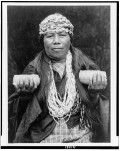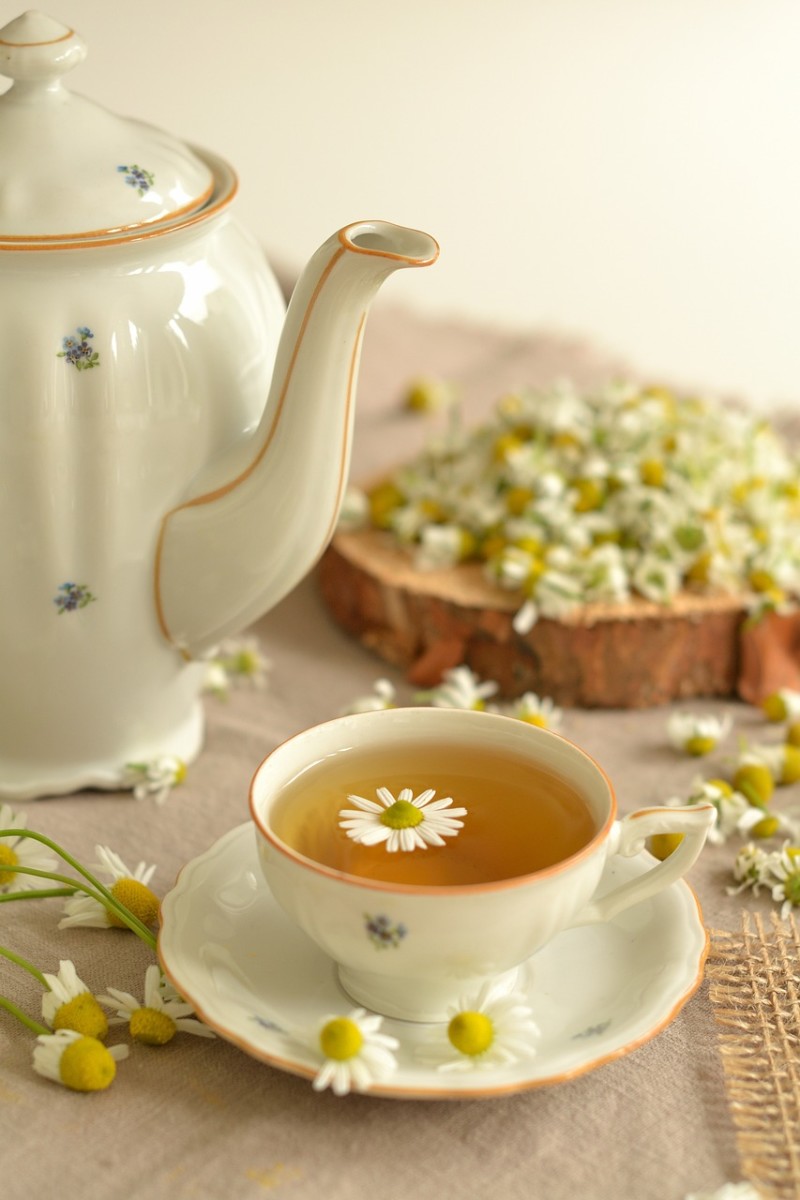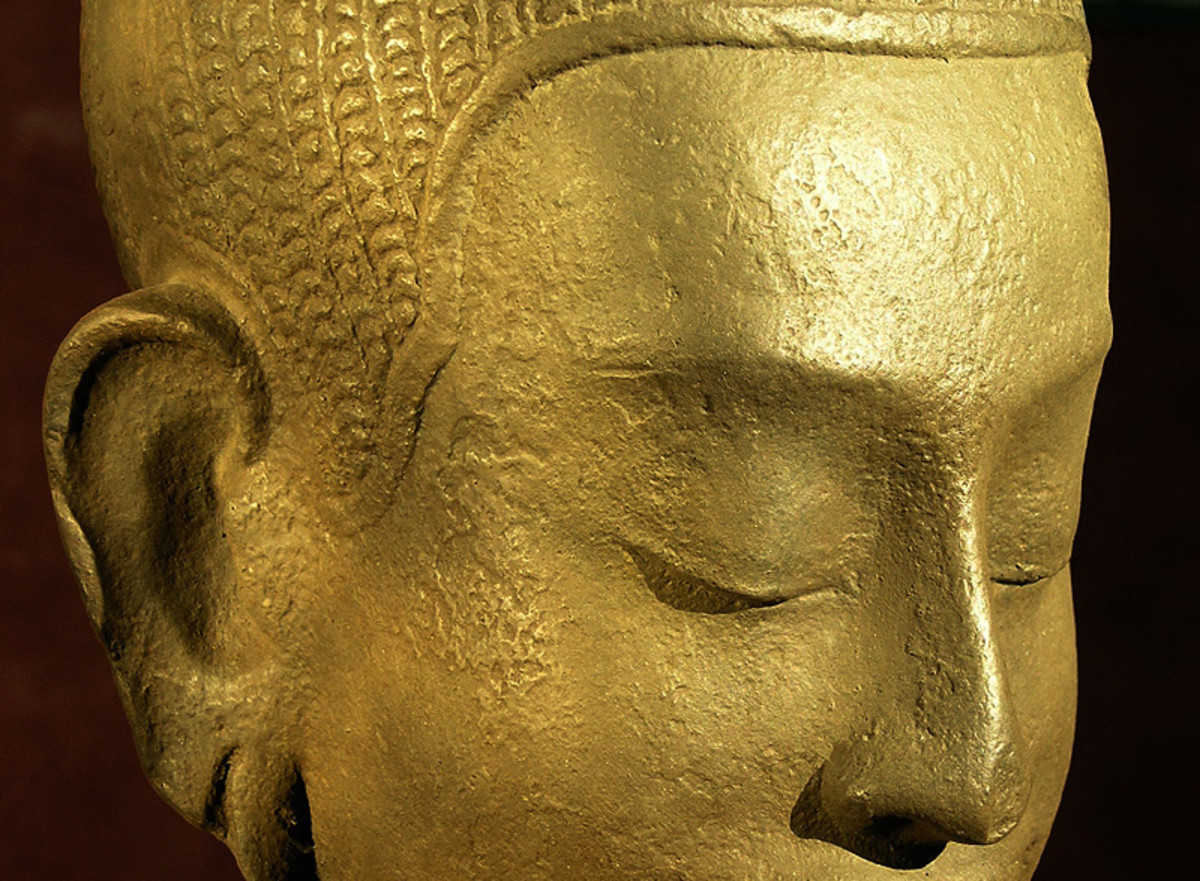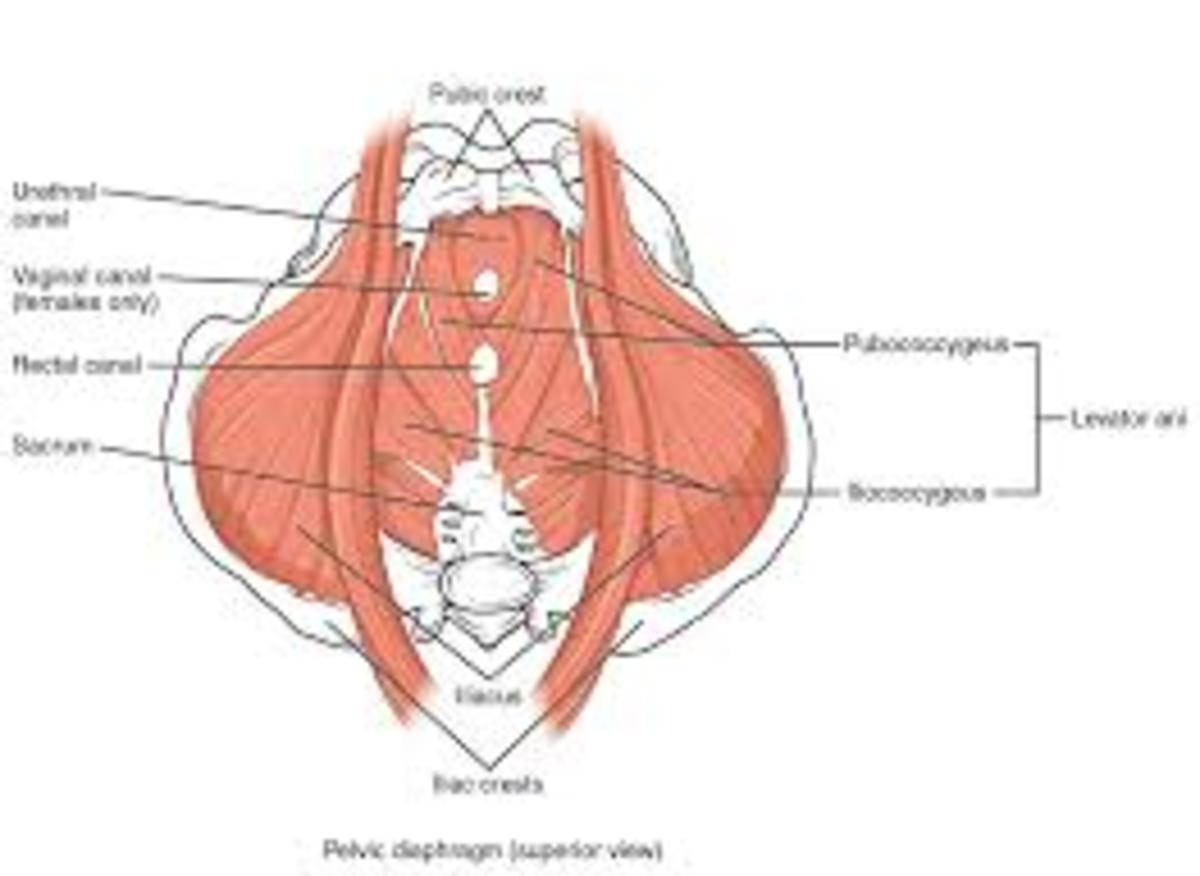Herbs for Emotional Health and Well-Being

Can women battle emotional anxiety and stress the natural way? Though medical advancements happen by the minute, many people have chosen to go natural when it comes to physical and emotional healing. In line with ancient practices that go back thousands of years, the modern use of herbs and natural products has deemed effective even to this date.
There are actually herbs and home remedies that can improve women’s health, whether it is for the body or for the mind. Even various health supplements today contain ingredients derived from nature. Using herbs for certain health issues can be more cost-effective and can provide a more holistic effect, as compared to using conventional methods.
And yes, herbs can be used by women to reduce anxiety, relieve stress, and promote overall well-being. Whether it is with a hot cup of herbal tea, a soothing homemade face mask, or a relaxing massage with essential oils, women can fight stress by going natural.
Why should women be “de-stressed” instead of distressed?
A 2009 study by the University of California Berkeley found that high levels of stress can lead to reproductive problems and even infertility – health risks that include both women and men. When the body is stressed, there is an increase in cortisol in the blood, which in turn inhibits the release of sex hormones that are vital to maintaining reproductive health. These results were on experimental rats, and further studies are being done to investigate other effects.
As said before, the traditional use of herbs by people such as the Chinese, Indians, and Native Americans, goes back centuries, evidence that their therapeutic claims can be proven as true. At present, modern knowledge has refined the science of herbal medicine, making it more understandable and practical for use even in households across the globe.
What kinds of herbs can help fight stress and promote reproductive health for women? Here are some of them with their traditional uses and their perceived effects:
Valerian – During the menstrual cycle, it eases uterine contractions and helps get rid of cramps. The roots are used to relieve stress by promoting sleep and relaxation. A Japanese investigation published in Chemical Senses (2006) showed that inhalation of Valerian extracts can enhance restful sleep.
St. John’s Wort – It can help alleviate depression as well as anxiety. According to the British Journal of Psychiatry (BJP) in 2006, this herb has been widely used for as an anti-depression aid for patients with mild cases. Extracts of this plant are sold in tablets and even as ingredients in teas.
Passionflower – Extracts of this plant can ease insomnia and anxiety. The BJP also investigated it as a mild sedative, thanks to a compound known as chrysin. Other sources claim that the leaves of some species can be dried, smoked, used as painkillers or cures for hysteria.
Prunella – It can fight infection, improve circulation, as well as safeguard the health of the heart and liver. Recently, the Journal of Biology and Reproduction (2009) found that extracts of Prunella can regulate levels of estrogen in mice. Findings suggest that there may be an application in terms of treating endometriosis, breast cancer, and even uterine cancer.
Licorice root – This herb can improve fertility as well as provide support for the female reproductive system during menstruation. A University of Pittsburgh study in 2005 reported that licorice root can increase levels of estrogen in the blood.
What do the experts say about using herbal remedies?
The use of complementary and alternative medicine is a scientifically recognized field, with research continuously ongoing to find more solutions to pressing medical issues of the present. However, it is not safe to generalize that herbs will eradicate diseases, or to claim that herbs will work perfectly without complications.
The American Cancer Society reviewed in a 2005 publication the use of herbs for relieving symptoms related to anxiety, depression, and stress. Its researchers representing the MemorialSloan-KetteringCancerCenter in New York explain that though herbal treatments have known positive effects, patients and doctors should be careful about administering them.
They say that herbs can work adversely when combined with current medications and therapies, including chemotherapy and radiation. The best solution is to be familiar with such alternative treatments, and be well-informed about their effects, whether positive or otherwise.








